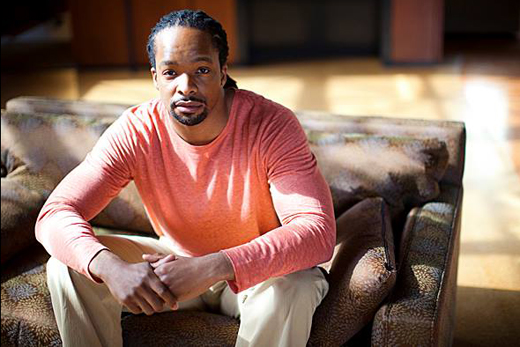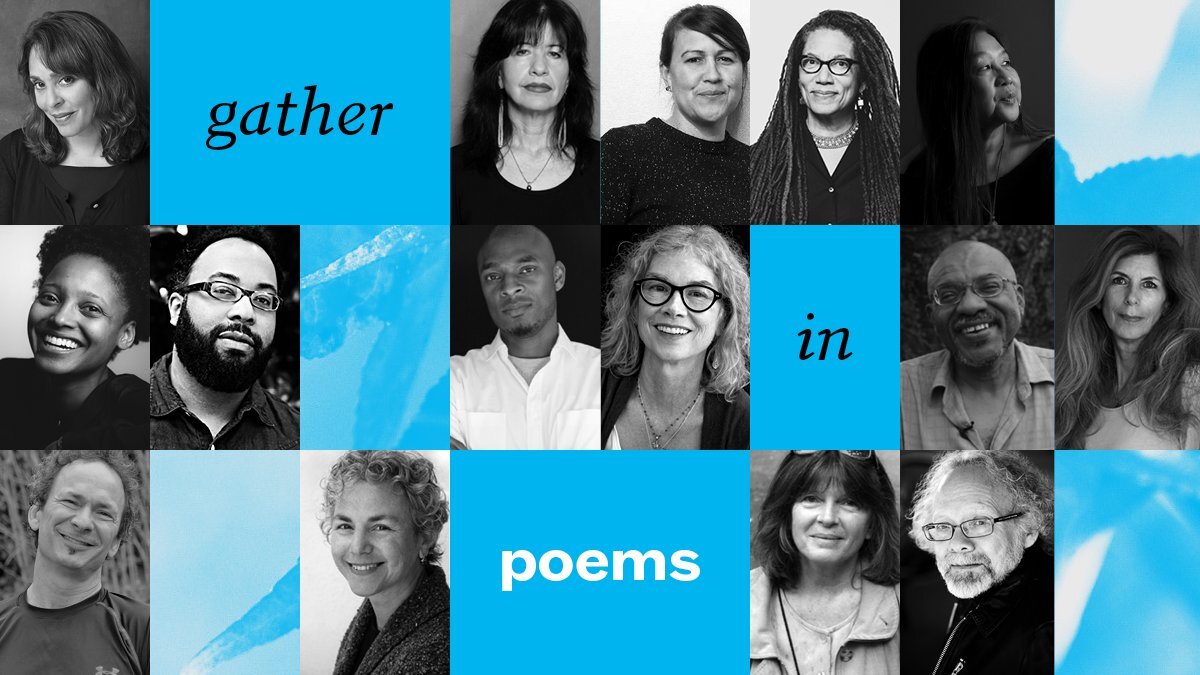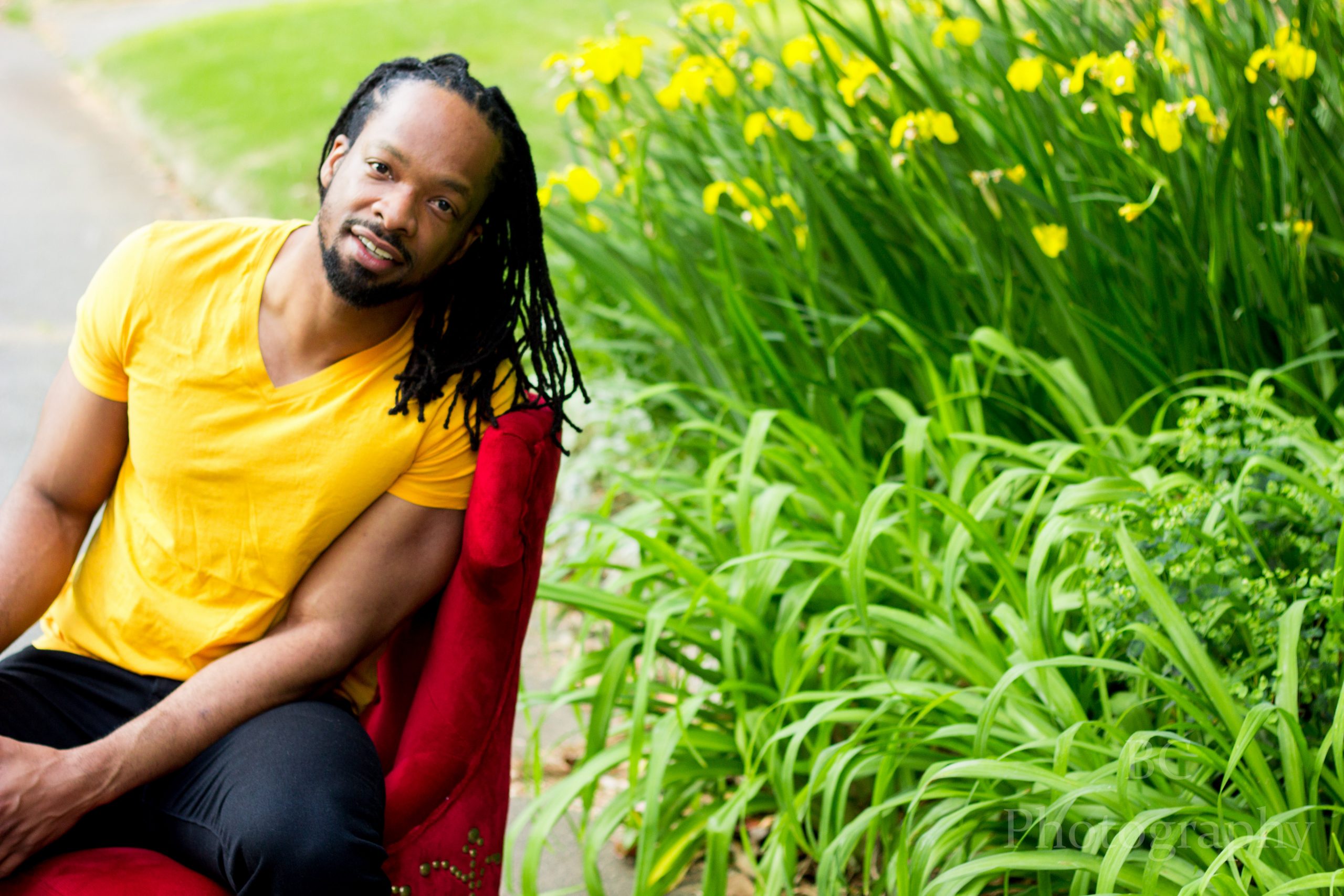When Jericho Brown won his Anisfield-Wolf Book Award, he spoke of his awe of Langston Hughes, calling his discovery of Hughes’ poems in a Louisiana public library the equivalent of falling in love.
He also reminded the audience at Playhouse Square that Hughes was still a teenager, newly graduated from Central High School in Cleveland in 1920, when he wrote The Negro Speaks of Rivers. “Every time I think of an 18-year-old writing a poem that great,” Brown deadpanned, “I really hate Langston Hughes.”
Now Brown has returned to this “first poet” in his pantheon, publishing an evocative, moving post “To Be Asked for A Kiss” on the Poetry Foundation web site.
Suicide’s Note
by Langston Hughes
The calm,
Cool face of the river
Asked me for a kiss
Brown ponders Hughes’ 14 words, written sometime before he was 24; the poet’s lifelong preoccupation with rivers and the meanings of suicide – as both noun and verb – in the single tercet, and in Brown’s own life, and the lives of young, gay black men.
In introducing Brown to Cleveland in September, Dr. Henry Louis Gates praised the Emory University professor, saying that the jury singled him out “for his penetrating and elegant portrayal of the complexity of human identity in a digital, multicultural universe, generally, and more specifically, the complexity of black identity, encompassing the multiple and competing claims and denials of African American masculinity and personhood.”
Brown’s most recent essay makes the case for Langston Hughes’ poetry as a wellspring of that masculinity and personhood. He makes the case – with a poem called Suicide’s Note – for Hughes’ immortality.



